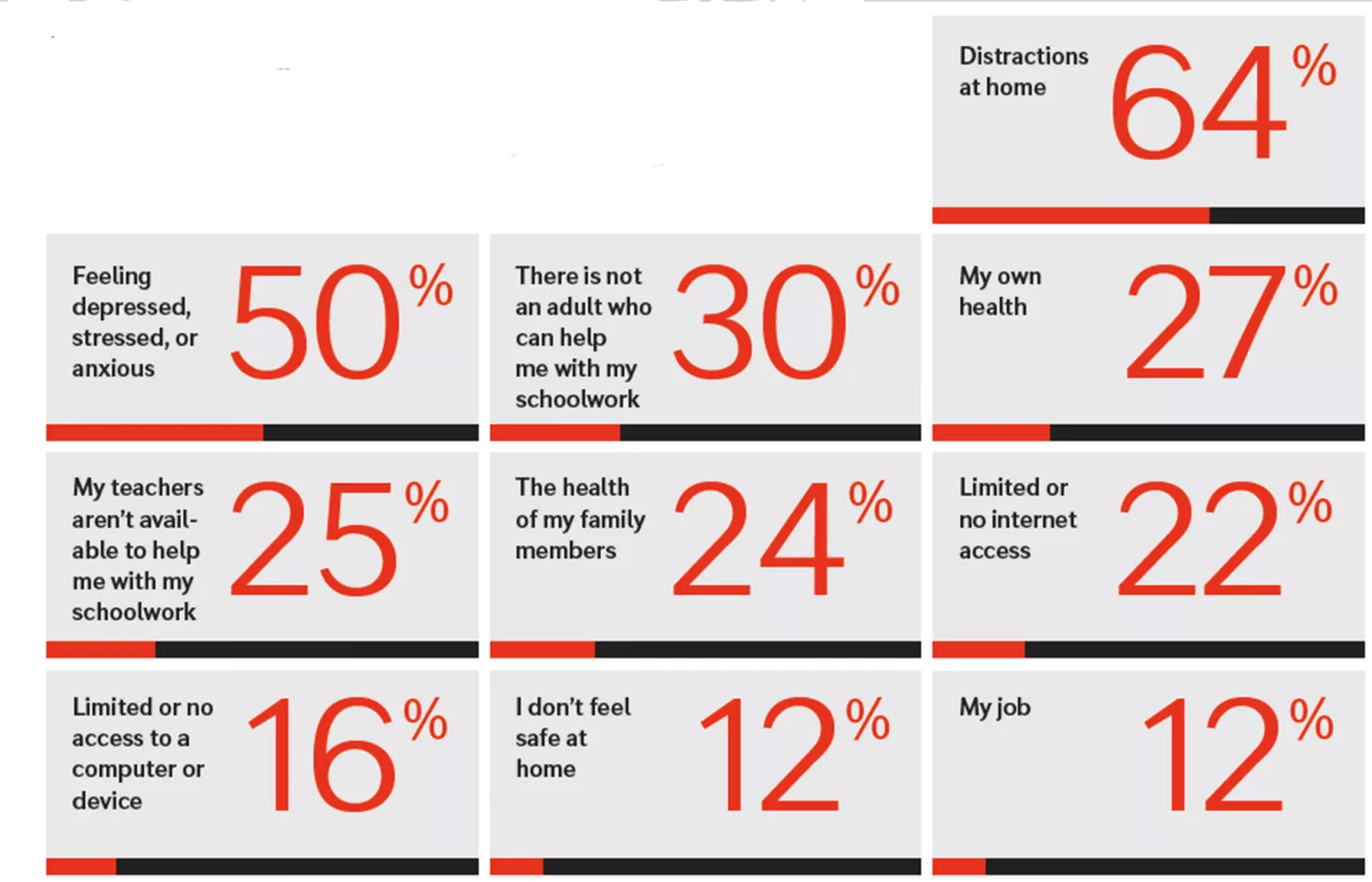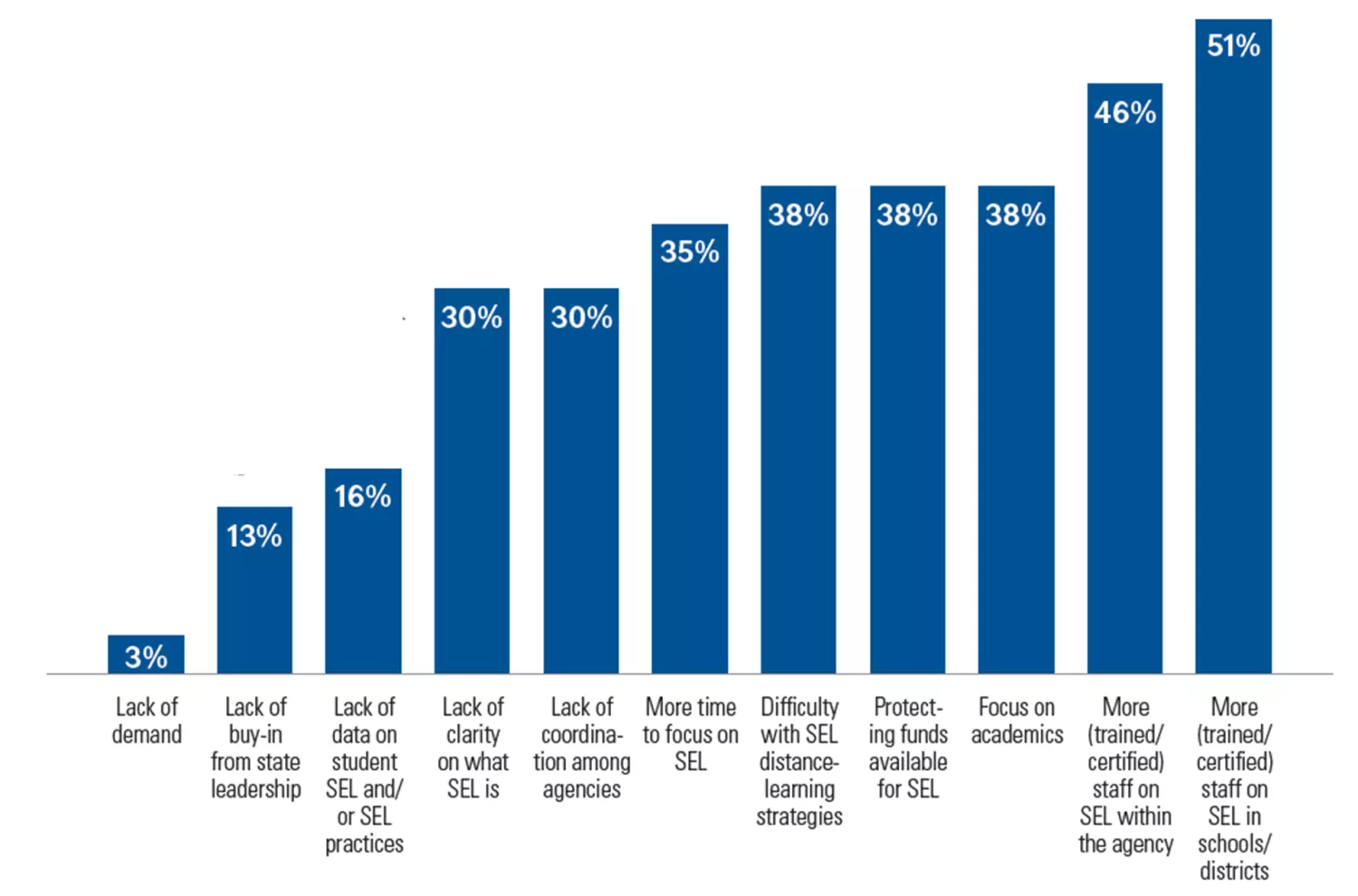First and Foremost October 2020
Recent Supreme Court Rulings Are Critical to Public Education
The United States Supreme Court handed down three significant rulings during the 2019 – 2020 term that will directly impact educators. The court delivered good and bad news.
Protections for LGBTQ workers
On June 15, the court ruled to protect LGBTQ workers from discrimination based on sexual orientation or gender identity. As the court put it, “An employer who fires an individual merely for being gay or trans- gender defies the law.” Over 100 federal statutes prohibit sex discrimi- nation, including Title IX of the Education Amendments of 1972, and the court’s ruling should apply to those statutes as well. This victory was a longtime coming for members and allies of the LGBTQ community. Under the ruling, the federal law also protect students at school.
Dreamers safe—for now
On June 18, the court ruled that the Trump administration’s rescis- sion of the federal program known as Deferred Action for Childhood Arrivals (DACA) was “arbitrary and capricious,” that it did not follow the procedures required by federal law, and that it did not properly consider how ending the program would affect those who rely on it.
In 2017, the Trump administra- tion abruptly ended DACA, which has enabled about 660,000 young people, known as Dreamers, to be sheltered in two-year increments from deportation. Since then, DACA holders have lived in limbo, while advocates—including NEA’s Office of General Counsel—fought Trump’s executive order all the way to the U.S. Supreme Court.
The decision delighted Angelica Reyes, a Dreamer who teaches in Los Angeles. “It feels amazing!” she says.
School vouchers gain ground
The news from the court on June 30 wasn’t as welcome. In a 5-4 deci- sion, the court ruled in Espinoza v. Montana Department of Revenue that a provision in the Montana Consti- tution, designed to prevent public money from flowing to private reli- gious schools, could not be used to strike down a private school voucher program.
In 2018, the Montana Supreme Court ruled that a school voucher pro- gram violated this provision because it was intended to send money to private religious schools. The court struck down the entire program. The pro-voucher group handling the case appealed to the U.S. Supreme Court, arguing that the decision violated participating families’ free exercise of religion.
NEA supported Montana’s posi- tion, arguing that the U.S. Supreme Court should not turn the federal free exercise clause into a mandate for state funding of religious schools.
By ruling for the plaintiffs, howev- er, the court appeared to do just that, clearing a legal path for the expansion of school voucher programs.
NEA leaders denounced the ruling, saying a majority on the court had allied itself with the far-right school privatization agenda.
Safety First, but Remote Learning Has Drawbacks
As the 2019 – 2020 school year ended, the impact of the COVID-19 pandemic on students was becoming clear, signaling major challenges for schools in the fall. Reuters surveyed 60 school districts in June, finding that students were enduring significant challenges. According to the survey:
- A large majority of districts were providing elementary and middle school students with half or less the usual amount of face-to-face instruction with teachers. Eight districts said students receive little to no direct instruction.
- About a third of districts were not providing federally required services to their special needs students, such as physical and occupational therapy, like they did before school buildings closed.
- About three-quarters of districts reported they served a cumulative 4.5 million fewer meals to low- income students each week.
- Fewer than half of districts were taking atten- dance, and many students weren’t even showing up for class.
Students Weigh In on Distance Learning
In June, YouthTruth surveyed 20,000 students in grades 5–12 about their experience with remote learning. Here’s how they ranked some of the factors that affected their academic success and emotional well-being.

Pandemic Sparks Greater Interest in Social-Emotional Learning
In May, the Collaborative for Academic, Social, and Emotional Learning (CASEL) released the results of its survey of state education agencies, gauging any increased interest in social-emotional learning (SEL) as a result of the COVID-19 pandemic. Eighty-four percent reported that interest in SEL had increased at the state agency, and 78 percent reported an uptick in requests around SEL from individual school districts. CASEL also asked the states to identify the challenges around implementing new SEL programs.
Respondents selected from 11 options and could choose all that applied.

Future Teachers More Likely to View Black Students as ‘Angry’
A recent study by North Carolina State University, in Raleigh, finds what the authors call “racialized anger bias” against Black children on the part of many prospective teachers.
For the study, 178 future teachers viewed a series of short video clips of child actors’ facial expressions. The videos showed an equal number of Black and white students and boys and girls—with each displaying a different emotion. The researchers asked the participants to identify the emotion in each clip. The researchers found that participants were that much more likely to incorrectly view a Black child as angry when the child was not actually making an angry facial expression. For boys, participants were 1.16 times more likely to mistake a Black boy’s facial expressions for anger than a white boy’s. And they were 1.74 times more likely to mistake a Black girl’s facial expression for anger than a white girl’s.
“This study suggests anger bias against Black children is alive and well among future teachers, and might play a role in the disciplinary discrepancies we see in schools,” explained co-author Amy Halberstadt. “As this seems to be another form of systemic racism, we need to find meaningful ways to address this type of bias. Otherwise, we are doing a disservice to our kids.”

